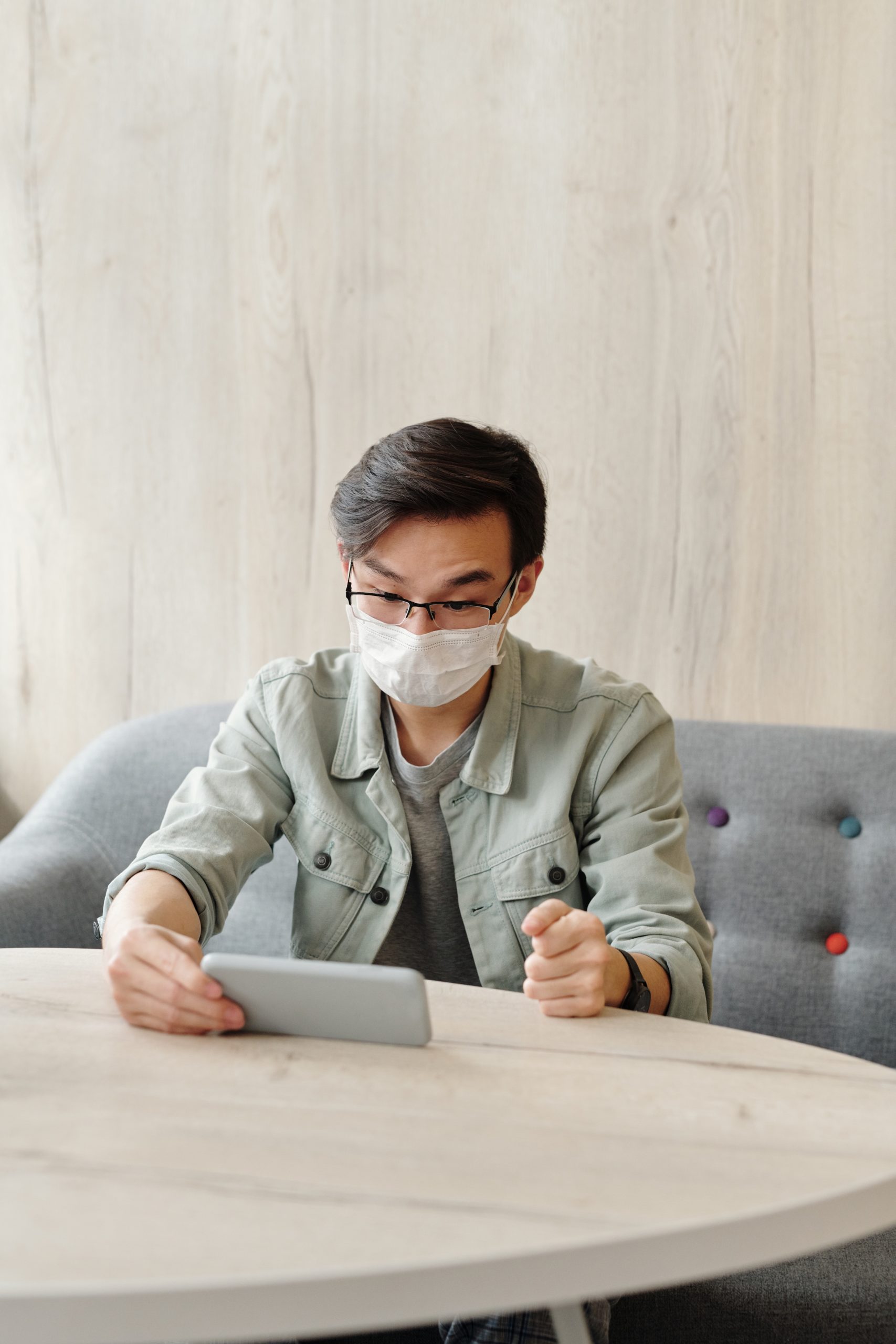By Reid Griffin, Contributing Writer
Valentine’s Day is a celebration of love, but—as with any holiday season—it can be a celebration full of stress.
Presently, there are more reasons than ever for a college student to feel lonely on campus. Zoom classes and social distancing, while essential to preventing the spread of COVID-19, are significant barriers to forming and maintaining relationships.

“Feeling lonely is a normal human experience… it doesn’t only happen on Valentine’s Day, but it can,” said Tiffany Nelson, Assistant Director of Counseling Services at Saint Leo University. “It is a hard day for some people who have an expectation that it should look or feel a certain way and it doesn’t.”
Problems arise around Valentine’s Day for both couples and singles. Nelson reports that, while students struggle with their relationships or lack thereof year-round, the holiday season can be another reminder that they are falling short of unrealistic expectations.

It is critical for students to replace those expectations with realistic ones.
Nelson suggests two key characteristics of a good relationship: communication and trust. To be a good partner and to have a good partner, these are essential.
To build communication, Nelson suggests a scheduled check-in. For example, couples can set a specific day and time each week to sit down and talk one-on-one. There are also mobile apps that have Q&A games for partners. These games are helpful for both new and established relationships—new couples can learn about each other quickly, and established couples can learn things they never thought to ask about.

To build trust, Nelson encourages couples to have fun both together and separately. Alone time is essential. Partners should encourage each other to go out with friends or by themselves now and then, rather than being glued to one another.
“There’s no cookie cutter way to do this—it’s going to be unique to any relationship,” Nelson said.
The nuances of communication speak volumes, too. The tone of someone’s voice can carry more meaning than the words.
“It’s not what you say,” said Vivienne Sanders, a facilitator of Green Dot. “It’s how you say it.”
Green Dot is an organization promoting cultural change on college campuses. They run bystander training programs, teaching people how to recognize red flags and intervene when they witness dating, domestic, or sexual violence.

In all relationships, platonic and romantic alike, red flags—or, using Green Dot terminology, red dots—can be occasions of physical, mental, or emotional abuse, often in the form of controlling or manipulative behaviors.
Some forms of abuse are more obvious than others. When in doubt, Nelson advises students to consult a third party, with friends and family being a good start. Saint Leo’s confidential counseling services can also walk students through yellow flags and provide an unbiased point of reference.
At the end of the day, relationships are about mutual respect. What are you tolerating? How much? Express your boundaries and respect the boundaries of others to generate mutual respect.
Green Dot is a strong proponent of love languages. The pandemic makes some expressions of love more difficult than others, with physical touch sometimes posing serious health risks. A relationship is strengthened when those involved learn how to express and receive love.

Furthermore, Sanders encourages students to practice self-love on Valentine’s Day and beyond. Like Nelson, Sanders stresses how common and normal it is to feel loneliness. Students can manage these feelings by taking care of themselves, too.
Valentine’s Day does not have to be a day exclusive to romantic love. It can be love between friends, family, or a day of self-care.
“Make it your own and make it something that’s empowering for you,” Nelson suggested.

In times of crisis, be it about relationships or otherwise, students are not alone. Saint Leo’s counseling services are still operating during the COVID-19 pandemic. Appointments can be made with any of the university’s licensed counselors by calling (352) 588-TALK. After hours, on-call therapists are available for emergencies. Green Dot also has a hotline at (352) 521-3358.





